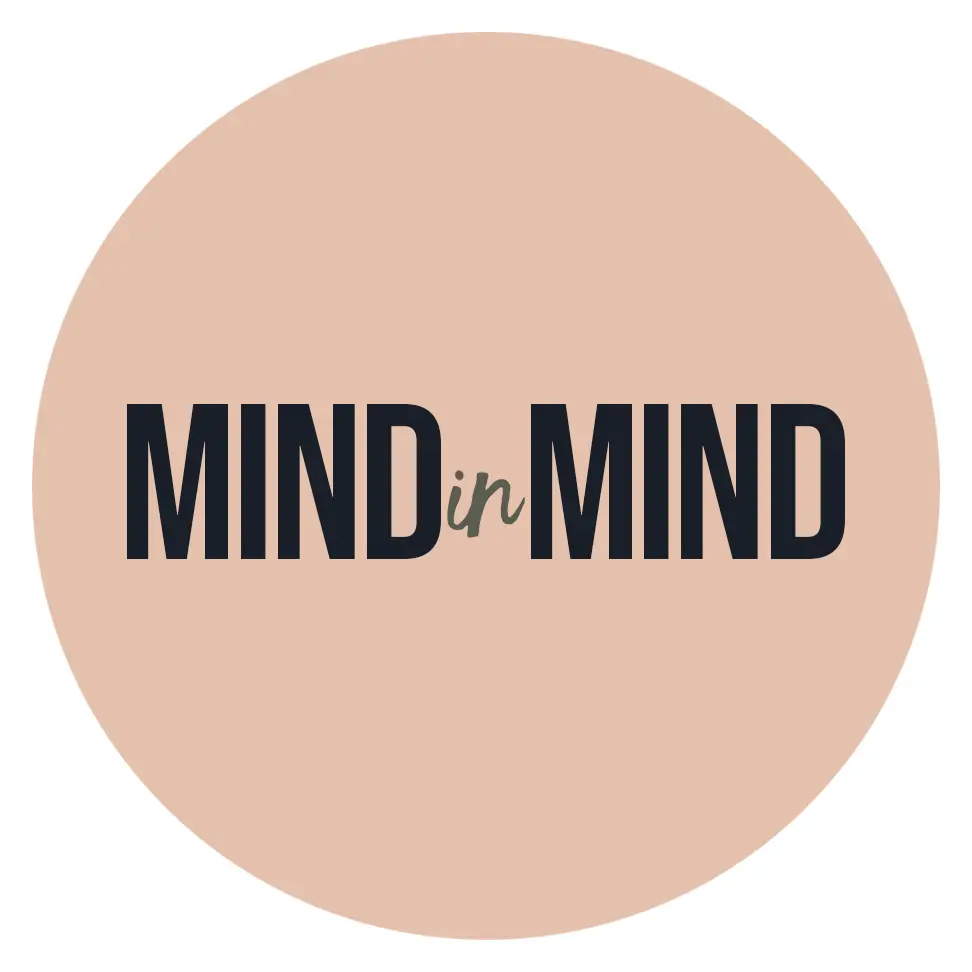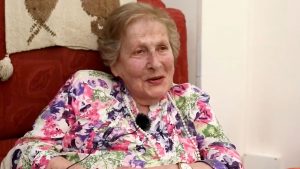
“Covid-19: The Human Suffering And Anxiety Brings Children Possibilities For Emotional Growth”
“I have always believed, and I still believe, that whatever good or bad fortune comes our way we can always give it meaning and transform it into something of value.”
Hermann Hesse
Among the benefits of partnership between educators and psychoanalysts is shared attention to current events with a focus on the flow of anxiety. The present moment of crisis in the world provides unprecedented opportunities for this partnership to bear fruit.
In the midst of this horrific COVID-19 pandemic, educators, teachers and parents are challenged to find ways to help children of various ages manage, and learn from, their anxiety arising from the swirl of disruption all around them.
The fact is that human experience has forever and always been characterized by anxiety and disruption. If education aims to teach children about the wide array of human experience we should be alert to, and thoughtful about, the unique educational opportunities that are arising for our children as they are exposed to human experience and human suffering from closer up.
Of course, we would wish it otherwise, but is it not suddenly newly relevant to learn about the significance of modern medicine, or about what life was like before preventive measures like vaccines? How many of our children are likely to be taken aback to realize in how much of the world, even today, immunization against deadly disease is not universally available and how recently such preventive measures against smallpox and polio, for example, were available to no one?

Photo by Kristine Wook on Unsplash
Economic inequality, racial injustice, the consequences of unemployment and homelessness, while always there for those with eyes to see, are hitting closer to home for everyone. Such topics have come alive for all of us, and should be part of everyone’s education, especially those who have hitherto been relatively sheltered from such wide swaths of human suffering.
Boccaccio’s Decameron allows identification across the centuries
We can now read Boccaccio’s Decameron, to take but one example; a collection of stories told by seven young people sheltering at a villa outside Florence during the plague of 1348 (The “Black Death”) with a new sense of identification across the centuries. Boccaccio’s words ring true as ever now, “To have compassion for those who suffer is a human quality which everyone should possess, especially those who have required comfort themselves in the past and have managed to find it in others.”
There are also valuable opportunities to study and learn from how people are responding to the challenges of the pandemic. Take the controversies that have arisen around the use of masks. Mask-wearing raises questions about self-care in relation to responsibility for the welfare of others in a particularly immediate way for children. It was interesting and instructive to observe how the public debate shifted as evidence arose that masks protect, or don’t protect, the wearer as well as others. Do we wear masks mainly, or only, to protect ourselves, or to protect others in case we are spreading the virus?
What do children make of the politicisation of mask wearing?
Do children and adolescents note the way in which material privilege correlates with the ability to avoid exposure to the virus, or to access care if they are infected? What do we make of people who resist mask wearing because they don’t want the government telling them what to do, even with hundreds of thousands of lives potentially at stake?
Have children noticed the correlation of mask wearing with political affiliation? What do they make of that? What about the proliferation of theories, in this context, that the pandemic is a hoax altogether? Shouldn’t children and adolescents learn to look at scientific evidence in the process of forming their opinions on such matters? There is also an opportunity to learn to air their opinions, their agreements and disagreements, passionately and respectfully, on such critical matters.
It is a complex challenge for parents and educators to learn about what children and adolescents note and think about these matters, how they make sense of what they notice and hear, and how to teach about these social issues in an age appropriate way.
For mid to late adolescents, on their way to university and equipped with formal operational thinking, there can be quite an abstract conversation about the emotional, scientific, and political aspects of the pandemic and the way it has upended their, and our, world.

Asking children difficult questions about inequality and racism
At the other end of the developmental spectrum, preschool and the younger school-age children may resonate with the anxieties of the adults who take care of and teach them, processing what they perceive on the f(ph)antastic level of fairy tales and legends. Perhaps grown-ups, parents and teachers, can best engage such productions in quasi-psychoanalytic unconscious to unconscious play.
For the older school age child, the tween and the pre-tween, one can raise questions, draw out their thinking, their questions, their anxieties. What do they make of people who vehemently refuse to wear masks? Have they noticed how attitudes to mask-wearing might correlate with political positions, with socio-economic status, with racial and ethnic identity? What do they think about how some people, more than others, seem to have options for protecting themselves from exposure to the virus? What about people who proclaim that the virus is a hoax? What do they think about police violence against people “of color” and the “Black Lives Matter” movement, as well as the opposition to it?
We, teachers and parents and psychotherapists are anxious and confused about these matters ourselves. We often don’t know what to say, among ourselves, and in conversation with our children. But it seems clear that not to engage these questions and concerns, to stick to the standard curriculum in school, for example, when the world is in turmoil around all of us, only models for children how to avoid using their cognitive and emotional capacities to come to terms with reality, to find therein a guide when they need it most.
View more in-depth thinking from our guest bloggers on our Thought Pieces page.



